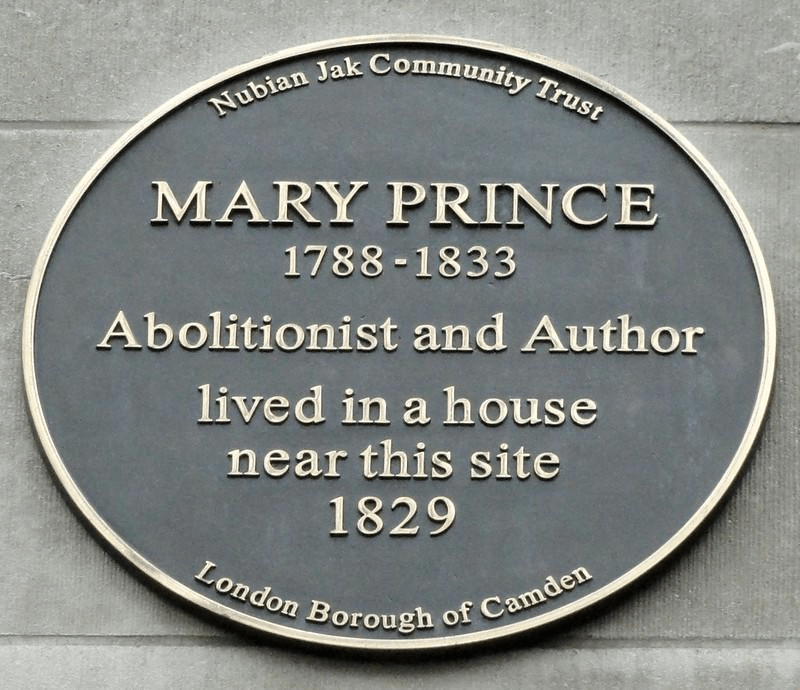Unveiling a Powerful Narrative
The exploration of slavery often brings to mind the vast and harrowing tales tied to the transatlantic trade and the harsh realities of Southern plantations. Yet, beneath this enormous global narrative, exist individual voices that have remained largely unheard. One such voice is that of Mary Prince.
Mary Prince’s Historic Memoir
In 1831, Mary Prince, a woman from Bermuda born into the hardships of slavery, released The History of Mary Prince, which stands as the first-known autobiographical work by a Black woman in Britain. Her memoir not only recounts her experiences as an enslaved individual but also sheds light on her life when deemed a “free woman” in Britain. This account played a pivotal role in shaping public perceptions of slavery and bolstering the abolitionist movement.
A Voice Transcribed
It is essential to note that Mary Prince did not write her autobiography in the traditional sense; she dictated her story to a scribe, a fact that highlights a broader issue. During a time when education was systematically denied to many, especially to Black women, her narrative was captured through another’s writing. However, the essence of her experiences—marked by pain and resistance—resided firmly with her.
Historical Legitimacy and Oral Traditions
Historically, oral accounts have served as one of the most valued methods of preserving knowledge, particularly in non-Western cultures. Indigenous Australians, for instance, rely on oral traditions to convey spiritual stories and land knowledge. However, Western history often privileges writtendocumentation, which can marginalize those who lacked access to literacy. Mary Prince’s story challenges this narrative, forming a counter-movement to the silencing of underrepresented voices.
Personal Struggles and Triumphs
Prince’s memoir provides a nuanced lens into the intersectionality of class, gender, and race. She details her traumatic separation from her mother, her experiences across the Caribbean, and the abuse she endured from multiple owners before ultimately marrying Daniel James, a free Black man. Relocating to London with the Woods family in 1828, she soon escaped their household and found support from Thomas Pringle, the secretary of the Anti-Slavery Society, who assisted in publishing her story.
Agency in Narrative
A notable aspect often eclipsed in typical accounts of Black Britons is the concept of agency. By sharing her story, Mary Prince illustrated an act of resistance. Even the decision to publish under her name, “Mary,” rather than using the slave name “Molly,” countered the erasure of her identity. As a vital primary source, her memoir offers an unparalleled perspective on slavery compared to the more common second-hand narratives from individuals in positions of power.
Historical Context and Legacy
During Prince’s lifetime, Britain profited from colonialism while pivotal voices like hers were often dismissed. Her memoir marks a significant turning point, allowing a voice previously excluded from historical dialogues to rise prominently into public view. The narrative illustrates the humanity, suffering, and resilience of individuals society often sought to overlook.
The Importance of Remembering
Even with personal accounts like Mary Prince’s, there are still gaps in recognition. The question lingers: Why hasn’t Mary Prince been more widely acknowledged? Despite the power and relevance of her story, it appears to elicit discomfort. This discomfort can lead to neglect, as people may prefer to shield themselves from the weighty truths embedded in history.
Bringing Attention to the Overlooked
Mary Prince’s ability to articulate her experiences amidst trauma urges contemporary society to engage with her narrative. It beckons to us to read, remember, and share—essentially keeping her voice alive.
Insights and Conclusions
Mary Prince’s legacy is a crucial reminder of the shadows within history that often remain unseen. Although many voices deserve recognition, personal experiences provide insight that even the most sincere reviews can’t encapsulate. By choosing to hire a car with a driver from verified providers on platforms like LocalsRide, individuals can explore locations steeped in history, shedding light on narratives that deserve to be told. With transparent pricing, a wide array of vehicle choices, and extensive options, it’s a convenient and empowering way to experience the world. Book your ride with LocalsRide.com and embark on a journey of discovery.
In summary, Mary Prince’s tale presents essential lessons about resilience, historical presence, and the importance of elevating diverse narratives that contribute to our collective understanding of the past. LocalsRide aims to facilitate travel experiences that allow people to connect with crucial historical legacies and gain insight into individual stories like that of Mary Prince, enhancing communication with the world around us.

